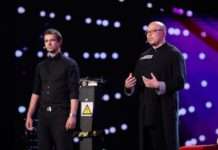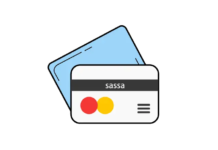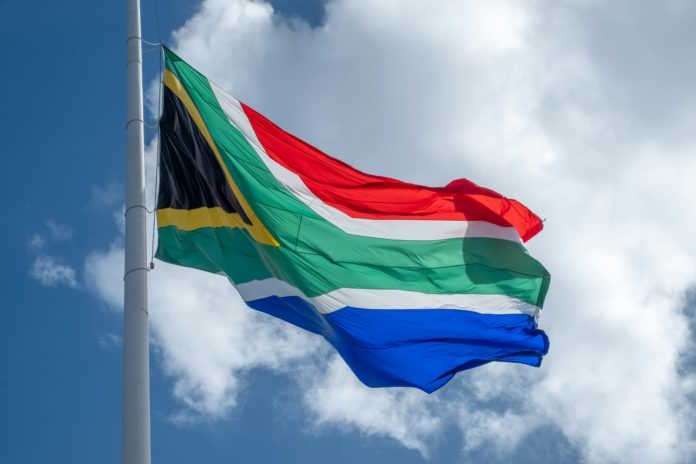It constantly surprises me that the world still needs an annual reminder to tackle social justice challenges like poverty, exclusion, gender inequality, unemployment, human rights and social protections. The United Nations marks the World Day of Social Justice on 20 February every year – whereas we all need to be working to improve social justice every day, in a bid to eradicate it.
Working for Change
Hundreds of thousands of organisations around the world exist to provide better social justice for the tens, if not hundreds of millions of people who don’t have access to what many would regard as basic human rights. And they do – every day. We’re well aware that South Africa is one of the most unequal societies in the world – though we’re governed by a Constitution that is the envy of many of the planet’s more developed nations. Guaranteeing rights may confer them upon people, but working to establish those rights for them that makes a difference in their lives is why organisations like ours and our thousands of beneficiaries exist.
The majority of the world’s workers’ income hasn’t recovered to pre-pandemic levels; the gender pay gap continues to grow; increases in food and commodity prices impacts poor households and small businesses; roughly half the world’s population has limited or no access to social protection and, in too many places, having a job does not guarantee the ability to escape from poverty.
The digital divide and disruptions to global trade and supply chains need to be addressed before they further deepen inequalities and poverty. Women and young people are disproportionately affected by the barriers of unemployment and socio-economic insecurity.
That’s the ‘doom & gloom’ part which, depressing as it is, is the reality that an overwhelming percentage of the planet’s population must fight to overcome, every day.
Change is Possible
The good news is that social justice itself needn’t be our aim, since it can seem so nebulous. Instead of being overwhelmed by the macro, we can aim to correct the micro to bring the bigger picture into focus. In the same way that our organisation works hard to ‘Make Every Swipe Count’, making moves to reduce poverty by uplifting one person can help an entire family rise. That means one improved education, one more literate person, providing one more opportunity and supporting one more individual. You haven’t seen an exponential effect more powerful than the one offered by an opportunity gratefully accepted and applied.
More empowered people make society better for those around them and improve the function of their economy. They help make the country more inclusive, sustainable, promote better values, motivate entire communities and, essentially, demonstrate to those around them that aspirations are achievable. This isn’t about someone ascending from a deep rural area to the seat at the head of the boardroom table – it’s about any stable employment that simply provides a ‘way up’, rather than even a ‘way out’.
Making Every Swipe Count
Organisations like SECTION27 focus on asserting human rights in South Africa human rights, seeking to achieve substantive equality and social justice. Guided by the principles and values in the Constitution, SECTION27 uses law, advocacy, legal literacy, research and community mobilisation to advance socio-economic rights, in particular the right to access health care services and the right to basic education as guaranteed in section 27 and section 29 of the Constitution of the Republic of South Africa respectively. SECTION27 uses a combination of law and activism to achieve systemic change and accountability to ensure the dignity and equality of everyone they can.
The Black Sash was founded in Johannesburg in 1955 as a non-violent resistance organisation for liberal white women. It was originally named the Women’s Defence of the Constitution League, but the movement was soon christened ‘The Black Sash’ because of the women’s due habit of wearing black sashes at their protest meetings as a symbol of mourning for South Africa’s Constitution. The modern organisation’s focus is primarily on the social grant system, monitoring and advocacy of the SASSA-SAPO Service Level Agreement – and they achieved a major victory with the ‘Hands Off Our Grants’ campaign which focused on stopping the unauthorised, unlawful, fraudulent and immoral debit deductions from the SASSA bank accounts of social grant beneficiaries and protect their confidential data.
Organisations like these – both beneficiaries of MySchool MyVillage MyPlanet – are guided by bettering human rights, participation in the societal conversations that matter, giving access and voice to the excluded and claiming equity for all in the global conversation, in working to improve social justice. All lofty aims – but remember: better social justice starts with making one difference to one person’s life.
By: Pieter Twine, MySchool MyVillage MyPlanet General Manager











